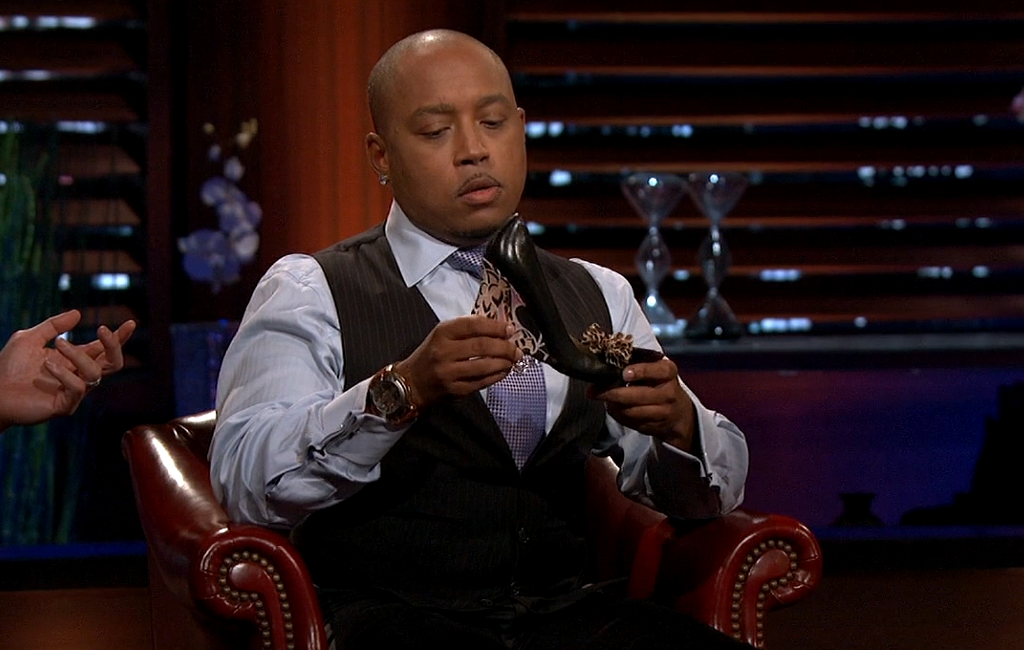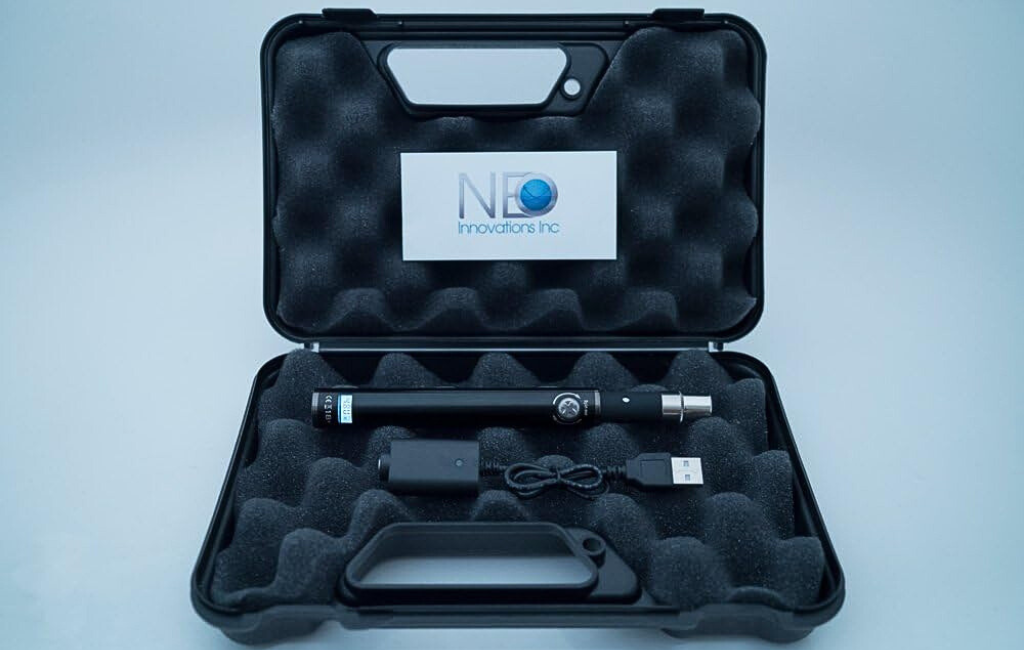JesKa Shoe Company
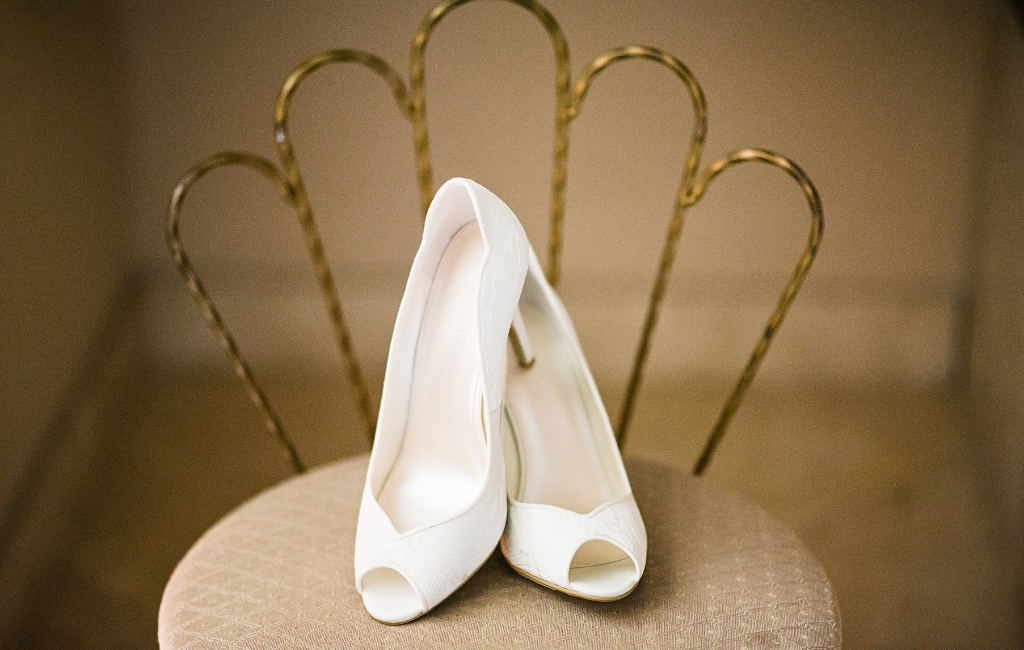

DEAL
EPISODE SUMMARY
🕓 Air Date: March 1, 2013
Asking For:
$70,000 for 30%
Investor:
Daymond John
Deal:
$70,000 for 70%
PRODUCT SUMMARY
Jeska Shoe Company offers high-heeled shoes with interchangeable heels, allowing women to transform their shoes easily to match any occasion.
WATCH HERE
IN A RUSH?
Click these to jump to the section you want to read.
Background Story
Jessica Haynes, the founder of Jeska Shoe Company, hails from the small town of Emerson, Arkansas, where she grew up surrounded by her supportive family. Her entrepreneurial journey began with a vision to create a product that simplifies women’s footwear choices. Despite facing numerous rejections from investors, Jessica remained determined to bring her idea to life. With her family’s encouragement and financial support, she embarked on the challenging path of starting her own company.

The Product
Jeska Shoe Company’s flagship product is a high-heeled shoe featuring interchangeable heels. With a simple push, slide, and snap mechanism, women can effortlessly change the look of their shoes from stiletto to wedge and vice versa.
The shoes incorporate hidden magnetic components and a built-in mechanism for swapping heels, offering women the flexibility to update their footwear style continuously. The shoes are estimated to retail for $200, with additional heels priced between $20 and $30. Currently, the product is in the pre-production phase, with manufacturing underway overseas.
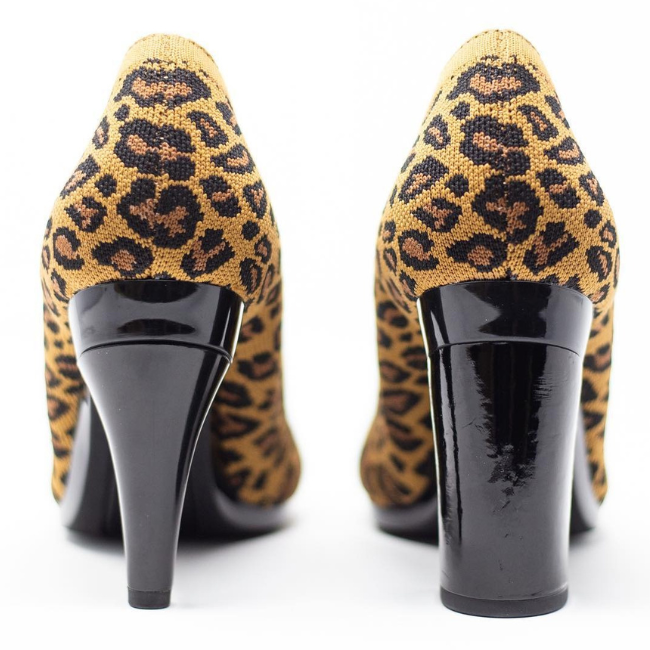
How It Went
The company’s position before Shark Tank
As a startup, Jeska Shoe Company is in the early stages of development, with only a prototype of its product. Jessica has invested significant personal funds, including money from her college fund and support from her parents who took out a second mortgage on their home. Despite facing financial challenges, Jessica’s resilience and determination drive her vision forward. With Daymond John’s investment and expertise, the company aims to overcome obstacles, expand its distribution channels, and establish a presence in the competitive footwear market.
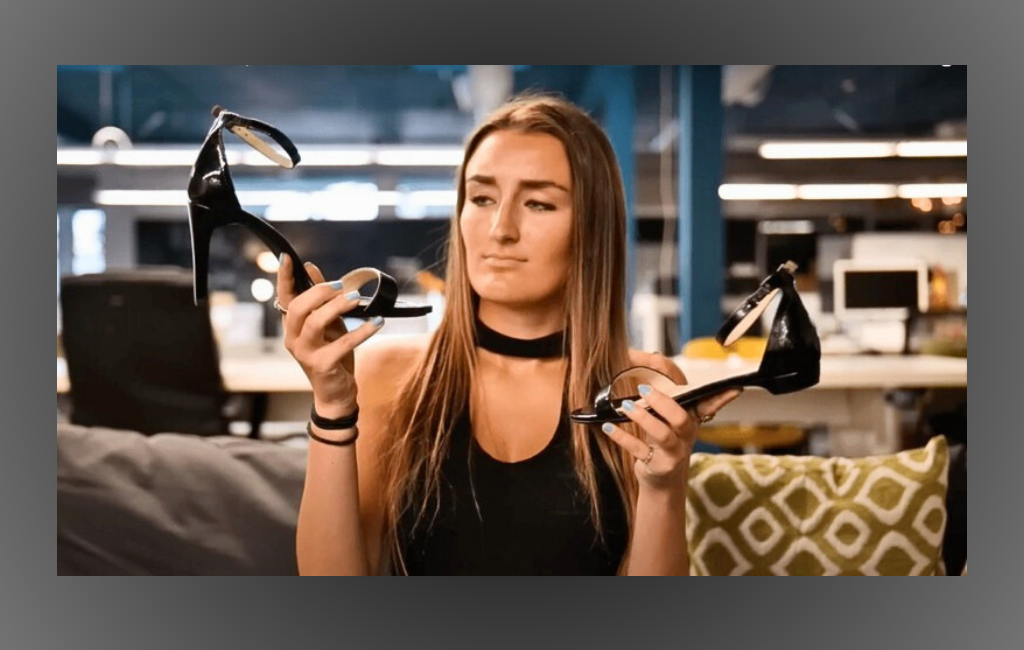
The Negotiations:
Jessica initially sought $70,000 in exchange for a 30% stake in her company. After facing skepticism and rejection from several sharks, Daymond John made an offer of $70,000 for a 70% stake, effectively making Jessica an employee under his mentorship. Despite the significant equity stake offered, Jessica accepted the deal, recognizing the value of Daymond’s industry knowledge, contacts, and financial backing in helping her realize her entrepreneurial vision.
